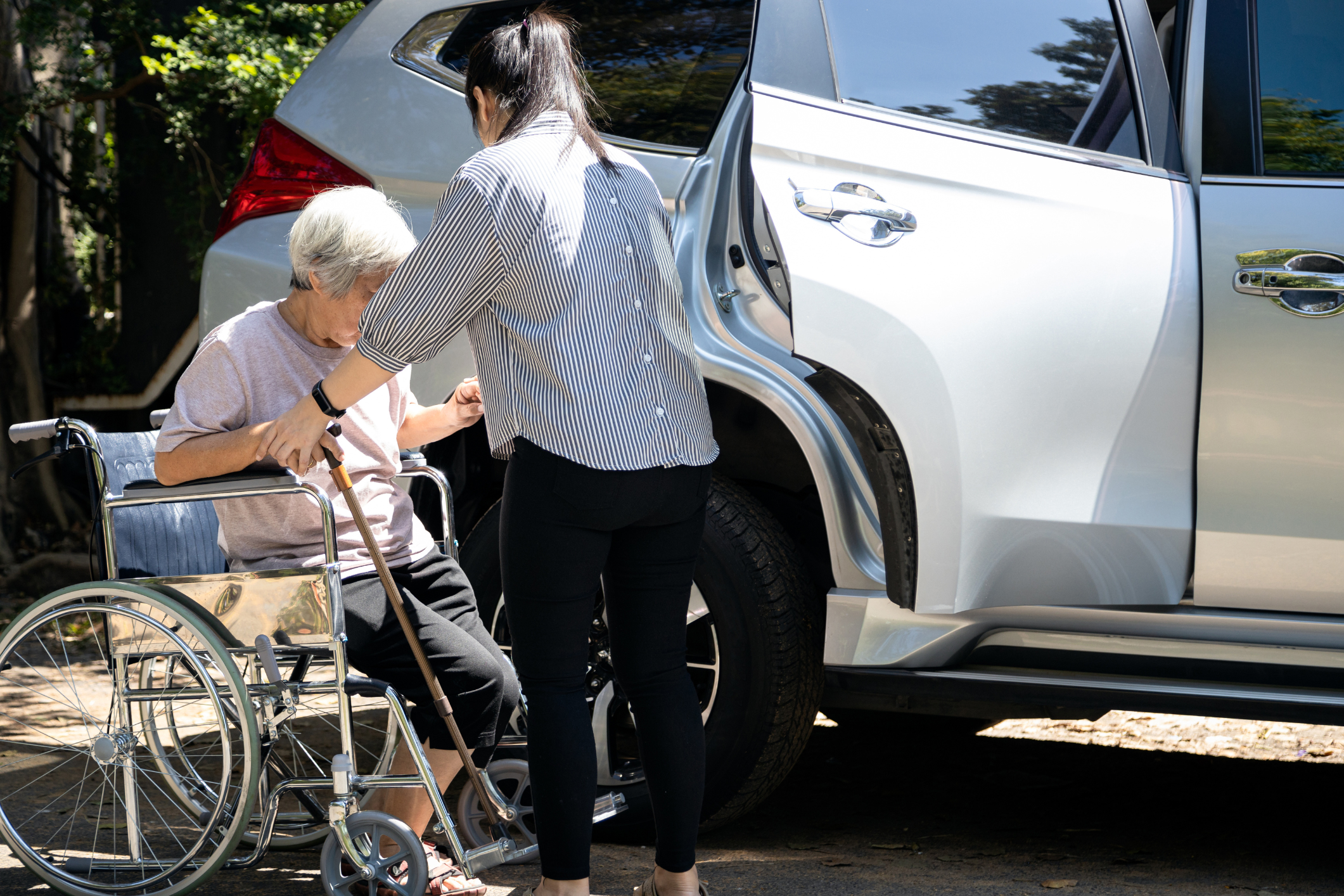By Taylor Hughes
One of the fastest-growing populations in the United States is older adults (65+), primarily due to increased life expectancy and the aging of the Baby Boomer generation. According to the U.S. Census Bureau, about 1 in 6 people in the United States were 65 or older in 2020, while that proportion was only 1 in 20 in 1920. In recent years, emphasis has been placed on supporting this group, from protecting Supplemental Security Income (SSI) to reducing out-of-pocket prescription drug costs for those with Medicare. Another area that needs attention is transportation for older adults. While the primary means of transportation is largely through private vehicles, it is common for older adults to reduce or cease driving altogether.
Maintaining mobility is essential for preserving independence and staying connected to the community. This is especially important to highlight, as older adults are at risk for loneliness and social isolation, which is associated with other adverse health conditions, including depression, anxiety, dementia, heart failure, and suicide. A systematic review of accessibility by public transport mentions that “one-third of older adults report unmet travel needs…leisure trips, including visiting friends and family, is the most commonly reported type of trip that goes unfulfilled.” Alternative transportation options in New Jersey vary greatly in mode, service area, eligibility, and quality, depending on where one lives.
Public transportation in New Jersey includes buses, trains, and light rail, but they are not all accessible options. According to the CDC, about 25% of those aged 65+ in New Jersey had a mobility disability in 2021. For those cases where a disability restricts the use of the local bus or rail system, New Jersey Transit offers another option: Access Link. Access Link is a paratransit or shared-ride service implemented to comply with the Americans with Disabilities Act (ADA). Telephone interviews are conducted to assess eligibility, and trips are scheduled in advance. One notable downside is that customers cannot choose a preferred vehicle from the Access Link fleet. Rather, the next available vehicle, either a minibus or a sedan, is sent to the customer’s pickup location on the day of the trip. A ride only qualifies “if your pick-up and drop-off points are within a ¾-mile radius of an eligible bus route or light rail station.”
Intending to expand options and reduce wait times, NJ Transit partnered with rideshare companies Uber and Lyft in 2023 and launched a pilot program in May. Those who opted in did not need to download the rideshare apps, as rides could be booked through their Access Link site. Customers were also charged the same fares Access Link would have charged them, and they had more say in choosing a vehicle. Now, an evaluation is needed to review whether or not this increased accessibility for rides and for whom. Public transportation in New Jersey is complicated and may be difficult for older adults to navigate. However, it is vital for the health of older adults and their communities to ensure they can get around.
Taylor Hughes is a graduate student pursuing a Master of Public Policy degree at the Edward J. Bloustein School of Planning and Public Policy. She serves as a research assistant with the New Jersey State Policy Lab.

